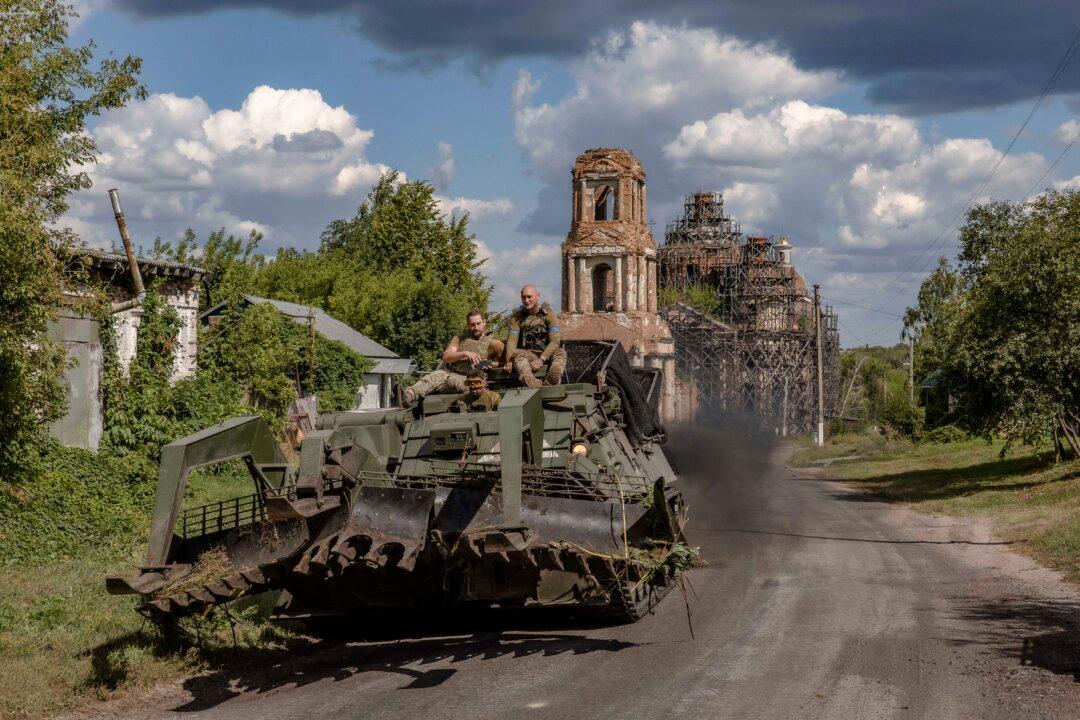Kyiv claims to have conducted a “high-precision strike” on a command center in Russia’s western Kursk region, where Ukrainian forces continue to hold a sliver of territory near the border.
“Today the Armed Forces of Ukraine conducted a precision strike in Maryino, Kursk region, against the command post of the Russian armed forces,” Kyiv’s military said on the evening of Jan. 2.





